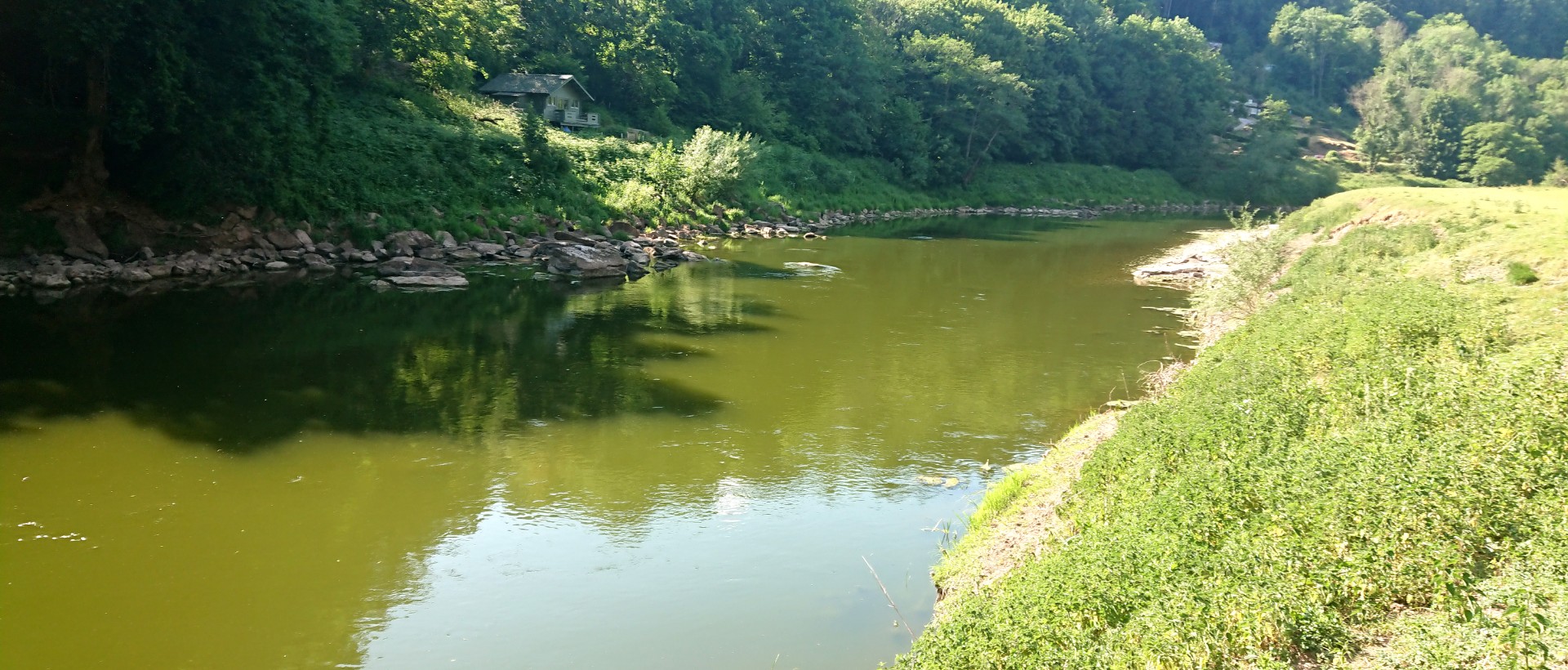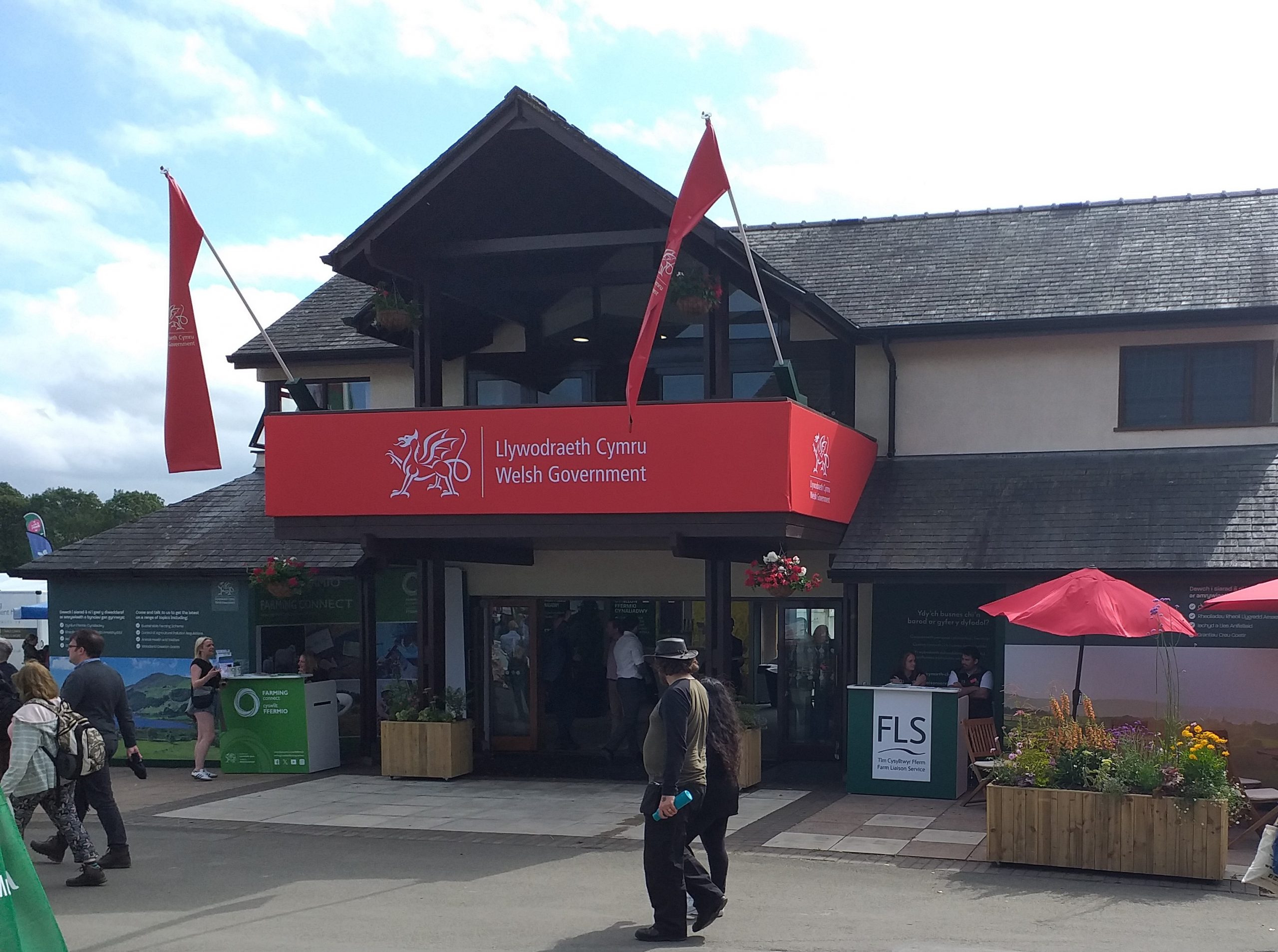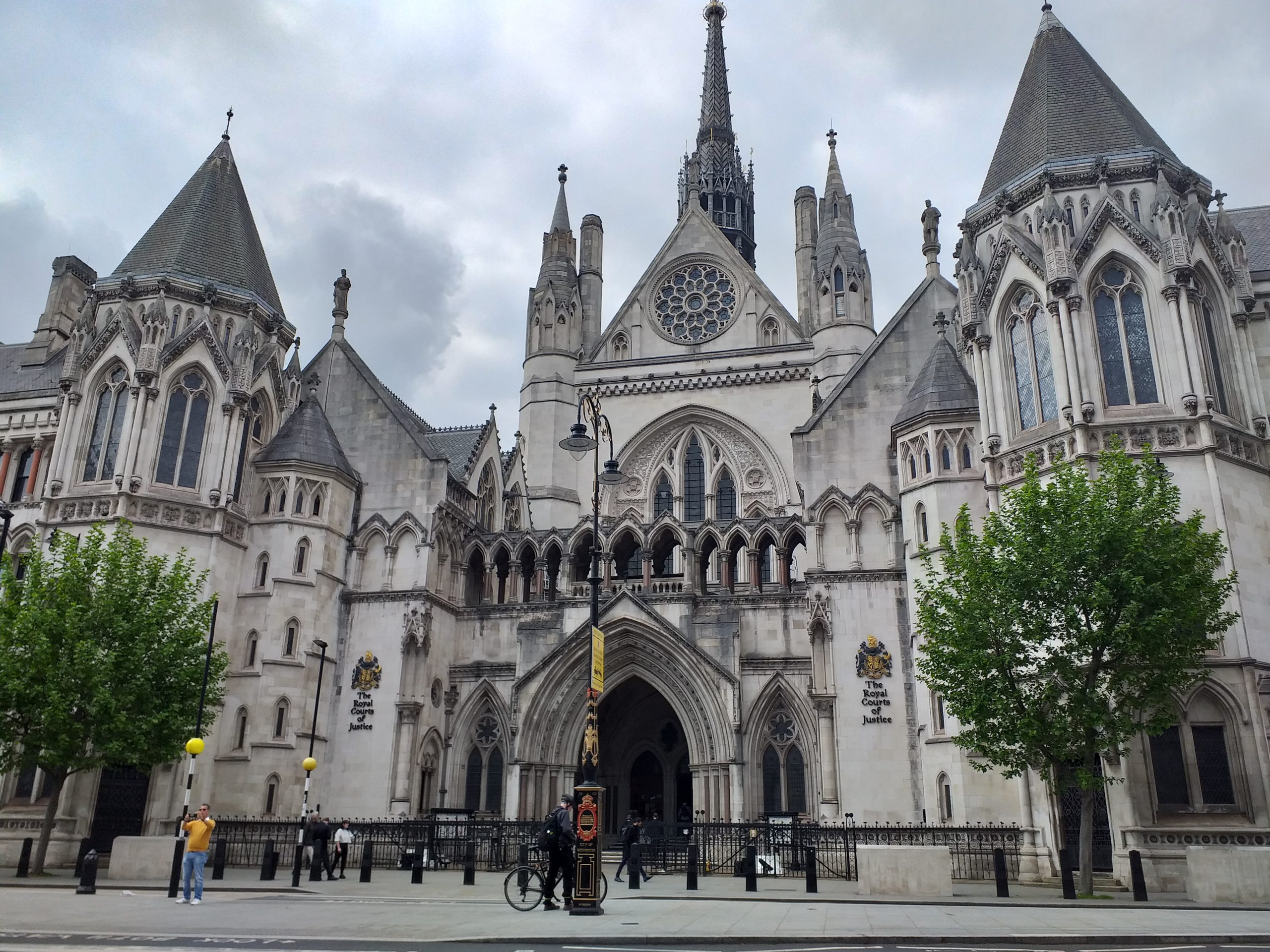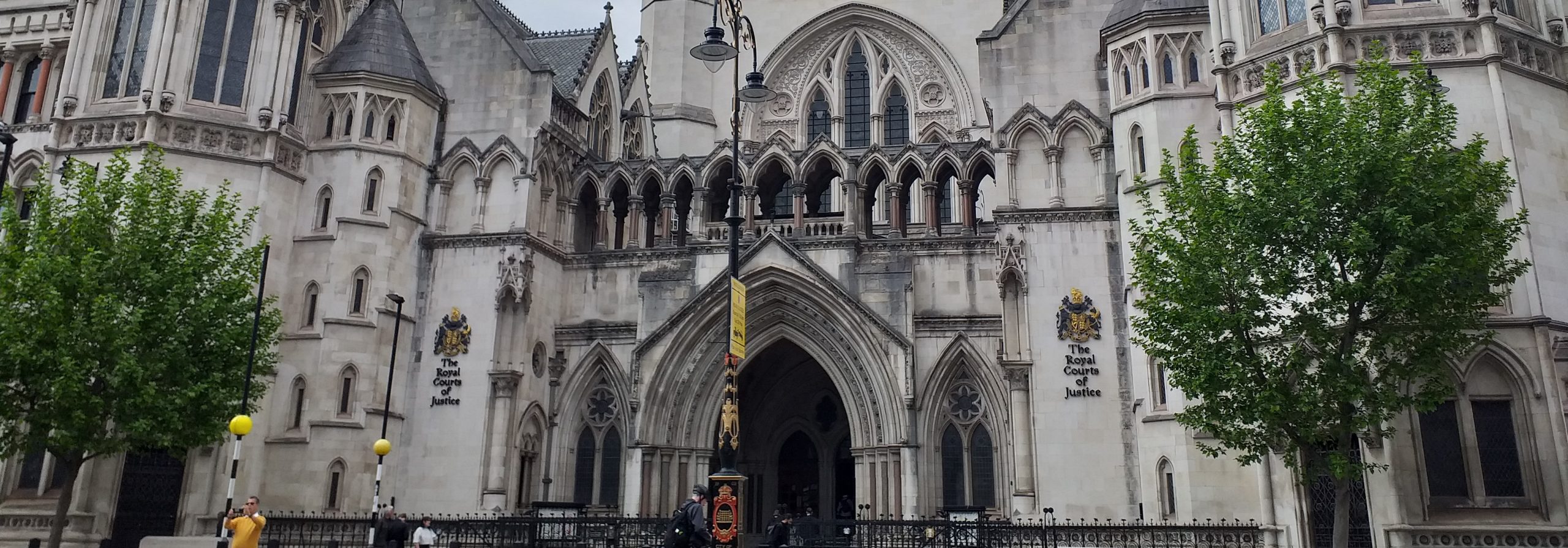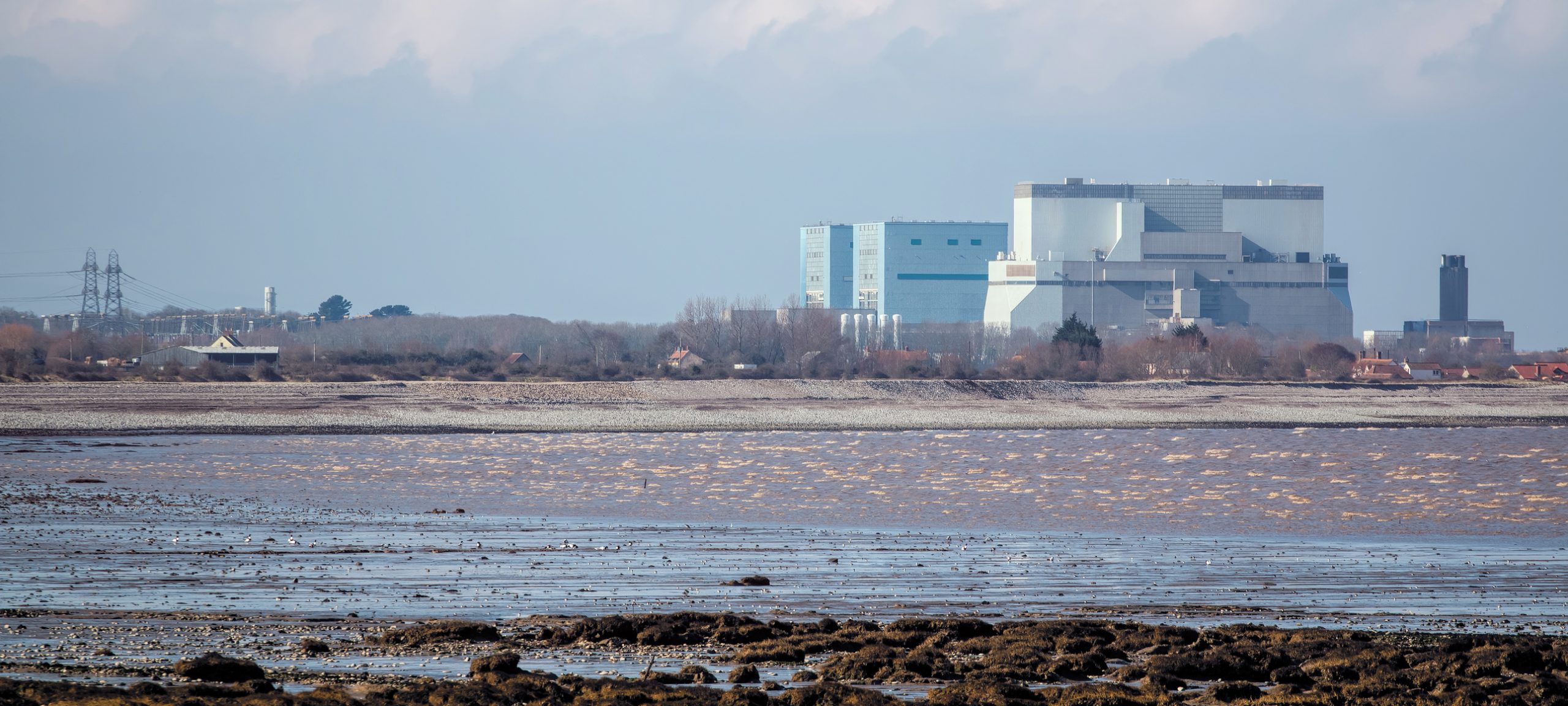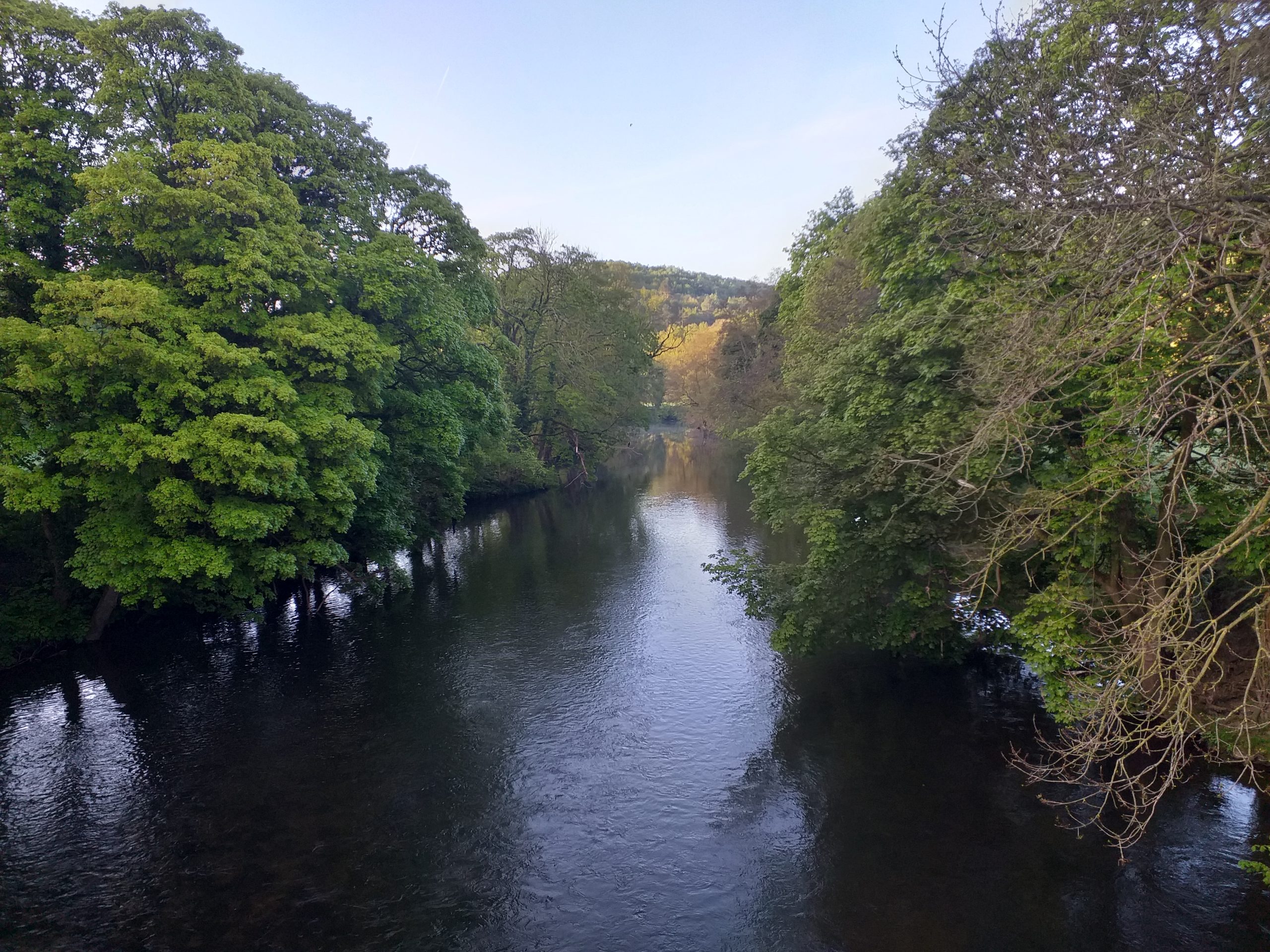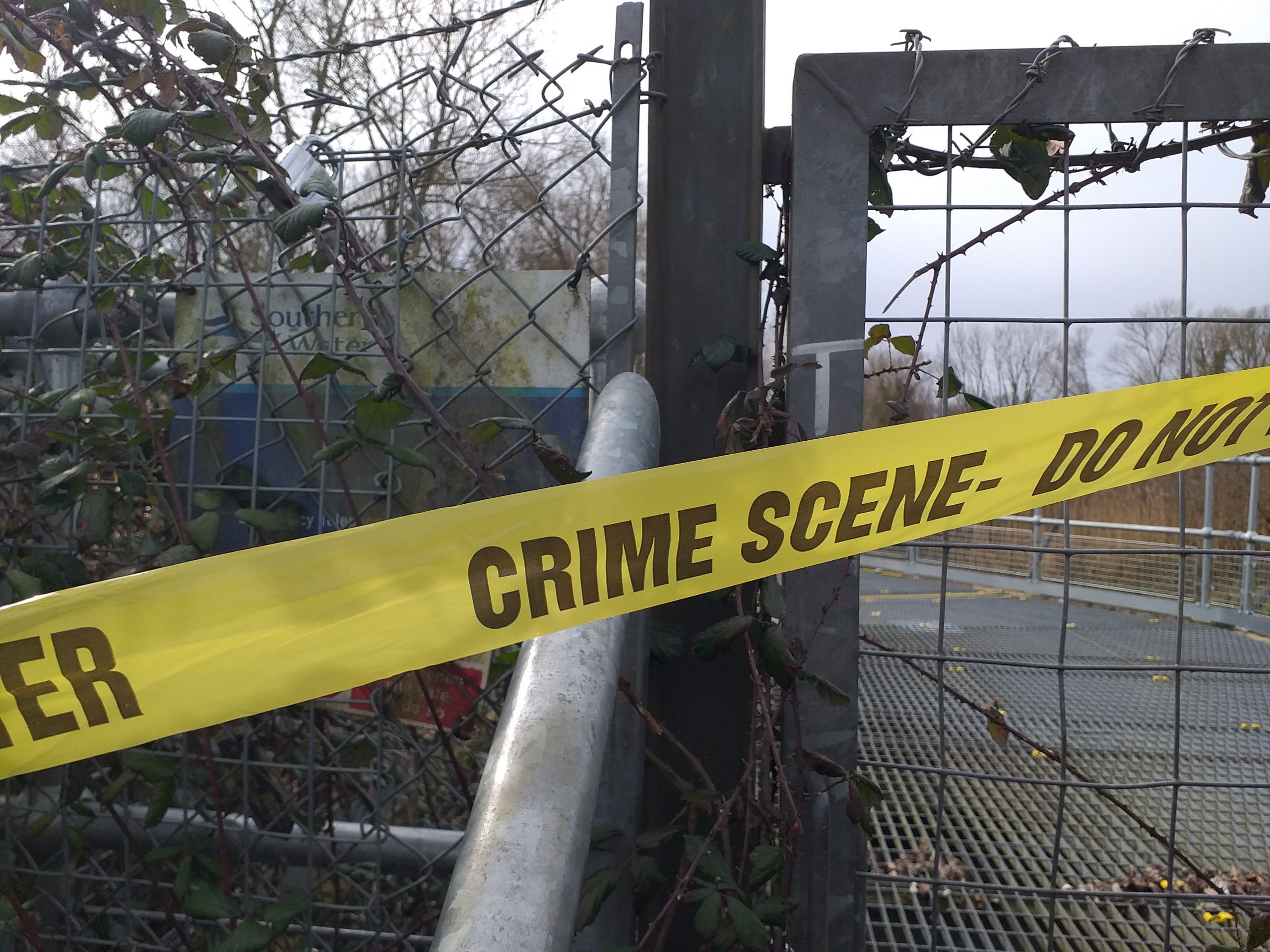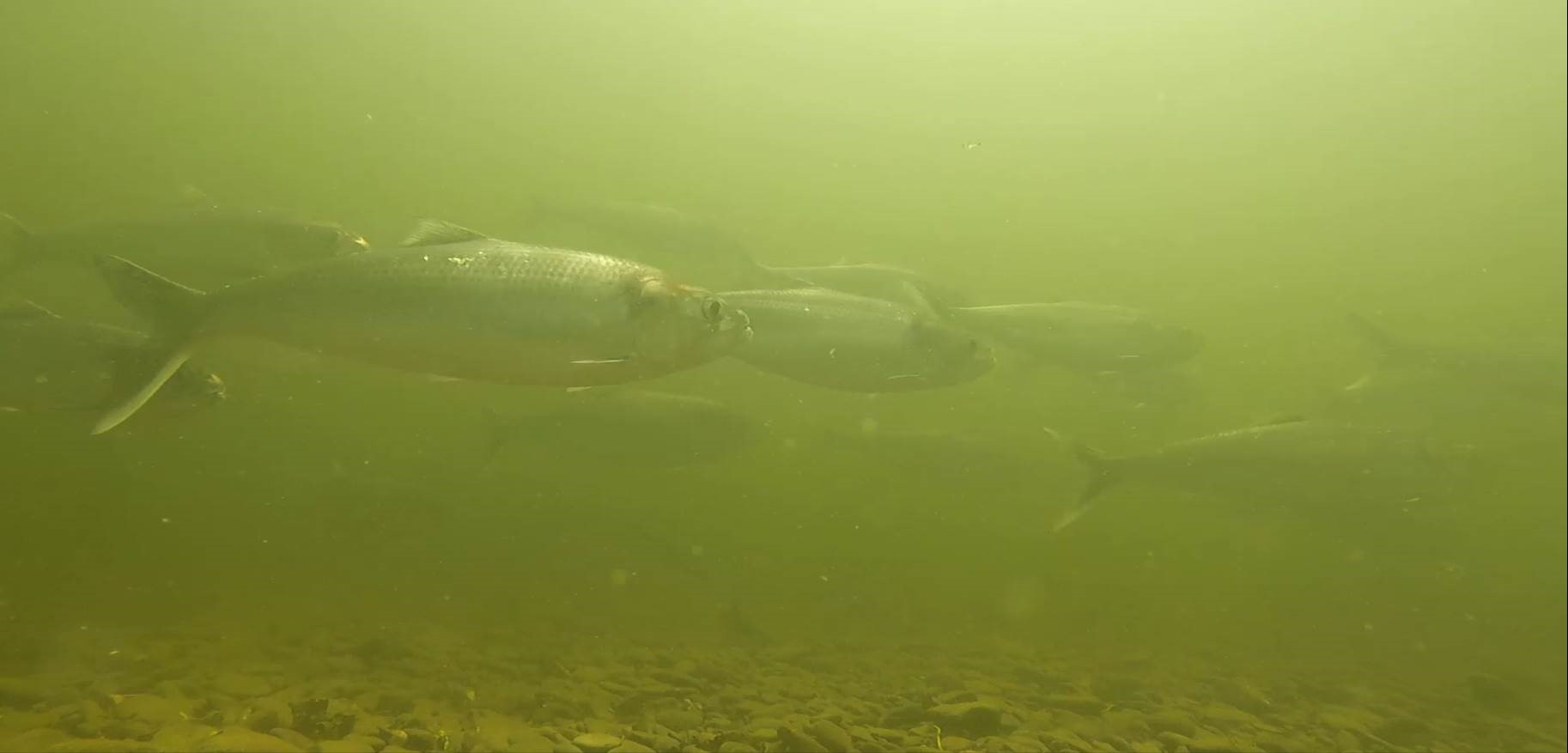News
Natural Resources Wales accept publicly for the first time that poultry industry is damaging river Wye
The Welsh environmental regulator, Natural Resources Wales (NRW), has for the first time publicly acknowledged that diffuse pollution from the intensive poultry industry in Mid Wales is linked to damage to protected species in the River Wye SAC. In a report uncovered on Friday 25 November by a Fish Legal lawyer, but not publicised or shared by NRW with Fish Legal or the local rivers trust, NRW contradicts previous denials that any link between poultry units and environmental damage had been established.
NRW also acknowledge in the report that spreading of manure from intensive poultry units which are proliferating in the Ithon catchment is causing a particular problem – something that Fish Legal demonstrated itself through independent expert evidence – but says that “other than through agricultural cross compliance, these operations are currently outside of regulatory control”
A lack of regulatory oversight of manure management was at the centre of a recent Fish Legal court case involving planning permission for the expansion of an intensive poultry unit in the Wye catchment. The Court of Appeal, in deciding against Fish Legal in its judicial review application against Powys County Council, said that the local planning authority’s decision to give the go-ahead to increased poultry production was lawful because it “was entitled to rely on the existence of a regulatory regime, of which NRW was itself the regulator”.
Justin Neal, Fish Legal Solicitor, said:
“This is scandalous. Natural Resources Wales has sneaked out this report which confirms both the link between intensive poultry units and damage to the River Wye SAC species and the gap in the regulatory regime to address it. Yet, at the same time, NRW is telling us that the River Wye SAC has not been formally assessed since 2014 and that any potential deterioration that they have found might not be ‘real’.
In our judicial review application, the Court of Appeal concluded that there was nothing to worry about when it came to the spreading of anaerobic digestate made from poultry manure precisely because it is regulated by Natural Resources Wales. Yet here it is in black and white that they don’t regulate manure spreading.”
He added:
“NRW has been gaslighting us and everyone else who has been campaigning for action to address phosphate pollution on the Wye by refusing to publicly acknowledge pollution from intensive poultry units as a factor. We say that it is now time for the Welsh Government to step in and direct NRW to investigate poultry units that are causing the problem and then to enforce against them under the Environmental Damage Regulations – as we have been arguing since 2020.”
The publishing of updated Core Management Plans are a legal requirement of NRW under the Habitats Directive. Despite this, they were not widely publicised and have largely gone unnoticed by environmental groups and organisations.
Gail Davies-Walsh, CEO of Afonydd Cymru, the umbrella organization for Welsh river trusts said:
“Neither we nor any of the six Welsh river trusts were aware of the updated Core Management Plans, despite their significance and despite Afonydd Cymru repeatedly underlining the importance of updated and revised Core Management Plans. There has been increasing evidence that the poultry industry expansion has had an effect on the Wye, yet for two and a half years since the Wye and Usk Foundation first highlighted their concerns, there has been nothing but denial from NRW of such links.”
She added:
“We are now urgently reviewing the Wye plan and those for all other Welsh SAC rivers. Those that we have seen are a shocking indictment into the performance of the Welsh environmental regulator. We will be considering what further action can be taken in response.”
Natural Resources Wales ‘Core Management Plan Including Conservation Measures for the Afon Gyw / River Wye SAC’ approved in September 2022 is available here:
https://fishlegal.net/wp-content/uploads/2022/11/river-wye-sac-core-management-plan-approved.pdf
In May 2022, 2 years after Fish legal notified Natural Resources Wales (NRW) that environmental damage is being caused by Intensive Poultry Units (IPUs) in Wales, they relied on data from 2009 to 2015 to conclude that there is no evidence of a deterioration in the status of the River Wye and therefore no duty on them to act.
NRW said in their letter dated 30 May 2022: “In so far as the River Wye is concerned, NRW has not found any evidence of a direct connection between poultry farms and waterbodies failing SAC targets. The overall pattern of failures found through the assessment of routine water quality monitoring data in the River Wye does not support the hypothesis that poultry units are the cause of failures of the JNCC phosphorus targets failures on the River Wye. This is because there is no direct relationship between the location of poultry units and the location of failures.”
Fish Legal asked NRW to look at more recent data and assessments. If they found evidence of environmental damage, under the Environmental Damage (Prevention and Remediation) (Wales) Regulations 2009 would have a duty to investigate operators – such as IPUs – in the catchment with a view to reversing the damage. Looking at data from 2015-2021, NRW has now identified 11 waterbodies in the River Wye catchment that have potentially deteriorated.
